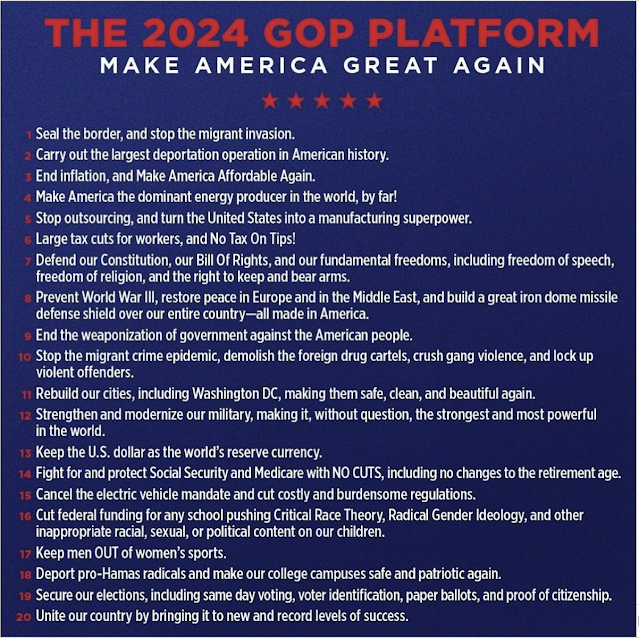#586
The past week in China has witnessed shocking incidents of violence—a car ploughing into a crowd, killing 35, and a stabbing spree by a 21-year-old student, claiming 8 lives. While violent episodes can occur anywhere, what stands out is how these events have pierced through China’s tightly controlled media landscape. Even President Xi Jinping has broken his silence, calling for urgent interventions in security and social stability. This signals a deep-seated concern about the country’s trajectory.
The Context Behind the Chaos
China’s rigid response to COVID-19 may have prevented some public health crises, but its long-term effects are proving disastrous. The prolonged lockdowns, declining economic prospects, and an erosion of trust in governance have created a boiling pot of resentment. Mental health issues are rife, with people feeling cornered by stagnating wages, scarce opportunities, and the collapse of real estate markets.
Adding to the discontent is the silent exodus of China’s educated elite—those who would typically anchor the economy. Many are seeking opportunities abroad, leaving behind a nation grappling with a talent vacuum. This brain drain threatens to exacerbate the country’s economic challenges and deepen societal despair.
A Global Crisis, Not Just China’s
China’s troubles echo in other parts of the world. Countries like the UK, Europe, Brazil, and India are experiencing similar challenges:
- Stagnant wages and declining purchasing power
- Widening gaps between the rich and poor
- Mental health crises aggravated by societal pressures
- Emigration of skilled professionals
- Uncertain economic futures
The rise of reactionary behaviour, whether through violent acts or protests, reflects a universal frustration with leadership’s inability to address these systemic challenges.
The Global Impact of U.S. Policy Shifts
As America headed into an elections, an outcome with deep impact, the world braces for potential policy changes which are very significant. A new, inward-looking President prioritising "America First" policies could amplify global challenges. Tariffs, protectionist strategies, and economic pruning might offer temporary relief for the U.S. but would severely impact economies dependent on global trade and supply chains. Not to speak of conflict in Ukraine, Middle East, Taiwan, South China Sea.....
What Can Be Done?
Addressing these intertwined crises will require a mix of bold economic, social, and geopolitical strategies:
Boost Mental Health Support:
Governments must invest in mental health infrastructure, offering affordable counselling services and helplines. Employers should adopt policies promoting workplace well-being.Economic Stimulus with a Focus on Small Enterprises:
While interest rate reductions and credit lines have been tried, targeted investments in small and medium enterprises (SMEs) can spark localised growth and job creation.Encourage Brain Gain:
Countries like China should offer incentives for skilled professionals to return or stay, such as tax breaks, grants for innovation, and academic funding. (Other countries face significant challenge to pull back people!)Social Safety Nets:
Expanding unemployment benefits, food subsidies, and healthcare access can alleviate immediate hardships and reduce the risk of social unrest.Global Collaboration on Trade:
Nations must resist isolationist policies and strengthen trade blocs. For instance, India, Brazil, and Europe could form trade partnerships to insulate themselves from U.S. tariff policies.Policy Innovation:
From offering tax holidays to restructuring education systems, nations must adapt quickly to changing needs. For example, introducing short-term courses focused on reskilling could help workers displaced by economic changes find new opportunities.
The Road Ahead
China’s current situation is a warning to the world. The combination of economic stagnation, mental health neglect, and reactionary governance creates a fertile ground for unrest. If nations, including China, fail to address these interconnected challenges, the ripple effects could redefine global stability.
While tough times lie ahead, collaboration, innovation, and empathy offer a path forward. Leaders must rise to the occasion, recognising that today’s crises demand urgent, inclusive action.
Karthik
18/11/24 9am.



No comments:
Post a Comment